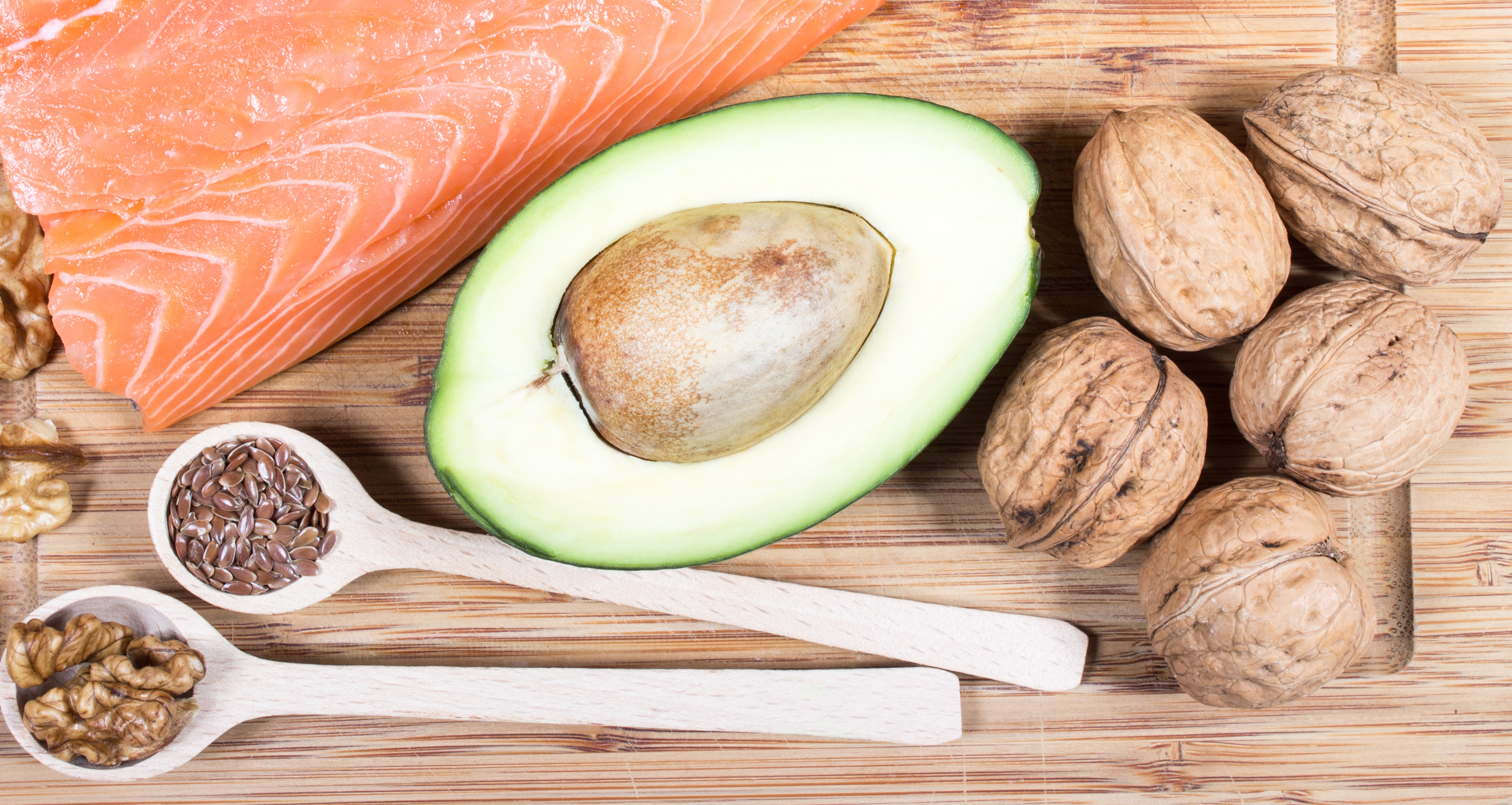Turns out the ketogenic diet might improve memory and prolong your life – but there’s a downside
This is according to new research conducted by scientists.

You’ve probably heard about the ketogenic diet, thanks to the attention it has gained recently following weight loss and health benefit claims.
Now researchers have found there may be a small grain of truth in it – but it is based on studies conducted on mice.
The keto diet is based on high-fat, low-carbohydrate and moderate protein intake, in which fat makes up 70%-90% of your total calories.
And according to two independent US studies, as well as its weight loss claims, it can improve memory and increase lifespan.

Advocates of the diet claim its benefits include weight loss and increased athletic performance and some say it can even cure certain health ailments.
“When you do a ketogenic diet, you are essentially reorganising all of metabolism,” said Eric Verdin, of the Buck Institute for Research on Aging and a senior author of the first paper (Newman et al.).
Adult mice in both the studies were fed either a keto diet, a control diet, a low-carb diet (which isn’t as extreme as keto) or a high-fat diet and put through health, fitness and memory tests.

“The older mice on the ketogenic diet had a better memory than the younger mice,” said Verdin. “That’s really remarkable.
“The conclusion we draw out of this is that it’s a robust effect. The two studies reinforce each other, because they both show the same global effect on healthspan.”
But there’s a catch – prolonged keto diet increases the chance of obesity, Verdin’s study showed.
To avoid becoming obese, the mice were alternated between regular and keto diets.
“If we have a better idea of the mechanisms by which the ketogenic diet works, it would open a path to develop less-restrictive interventions,” said Jon Ramsey, of University of California Davis and a senior author on the second paper (Roberts et al.).
Researchers admit further studies need to be done to understand the mechanism of keto diets and are exploring the idea of a supplement that can induce its benefits without the extreme process involved.
Meanwhile, experts say at present there isn’t enough scientific evidence supporting the benefits of keto diet for humans.

“So these studies of extreme diet change, eg ketosis, in a male mouse eating excess fat without carbohydrate may invoke ‘survival’ responses which may not occur in a human (especially a female).”
Professor Helen Truby, from Monash University’s Department of Nutrition, Dietetics and Food, said in a statement: “Should people start ketogenic diets? Answer: not unless there is a medical indication to do so and under the guidance of an accredited practising dietitian who can ensure nutritional adequacy.”
The research is published in the journal Cell Metabolism.





